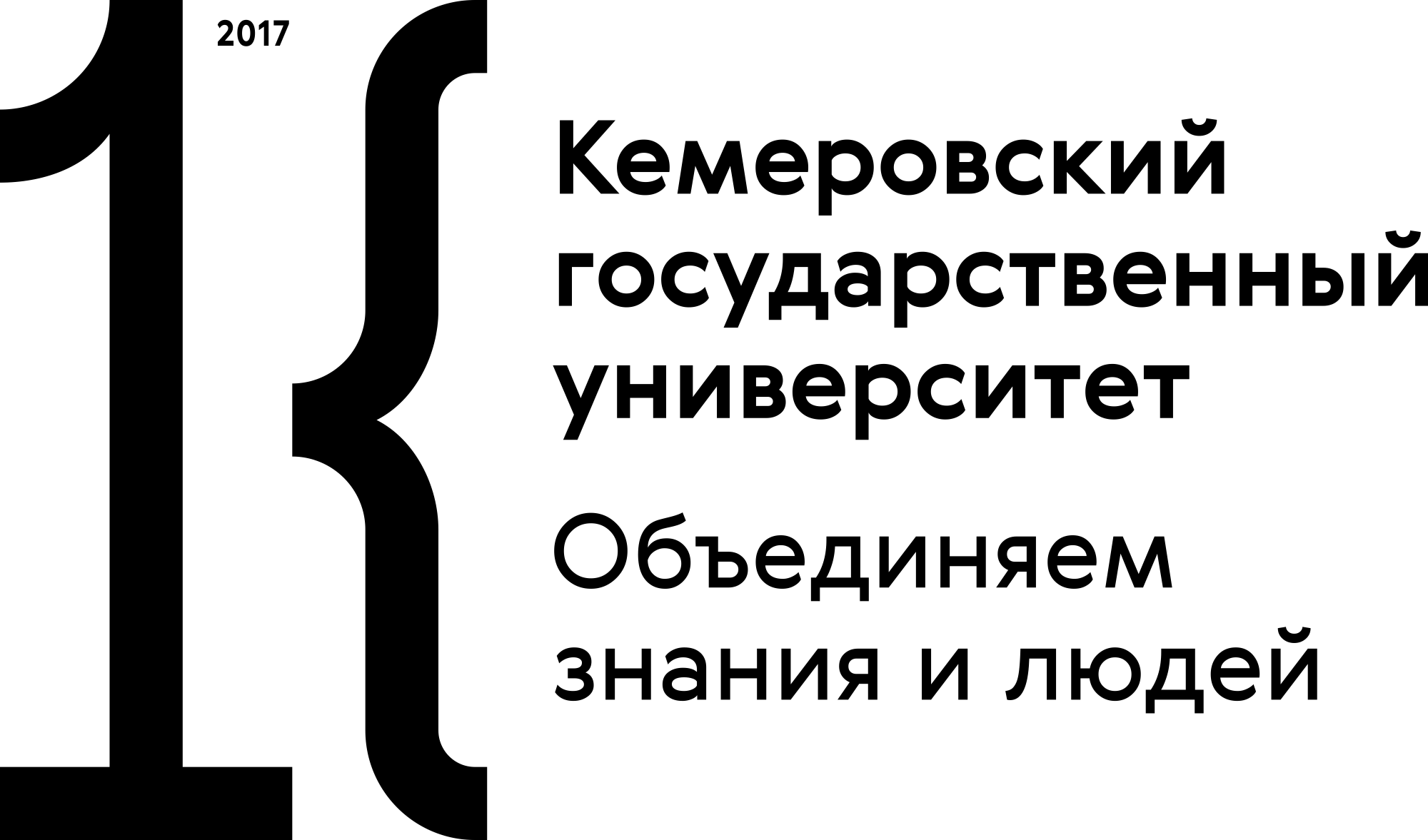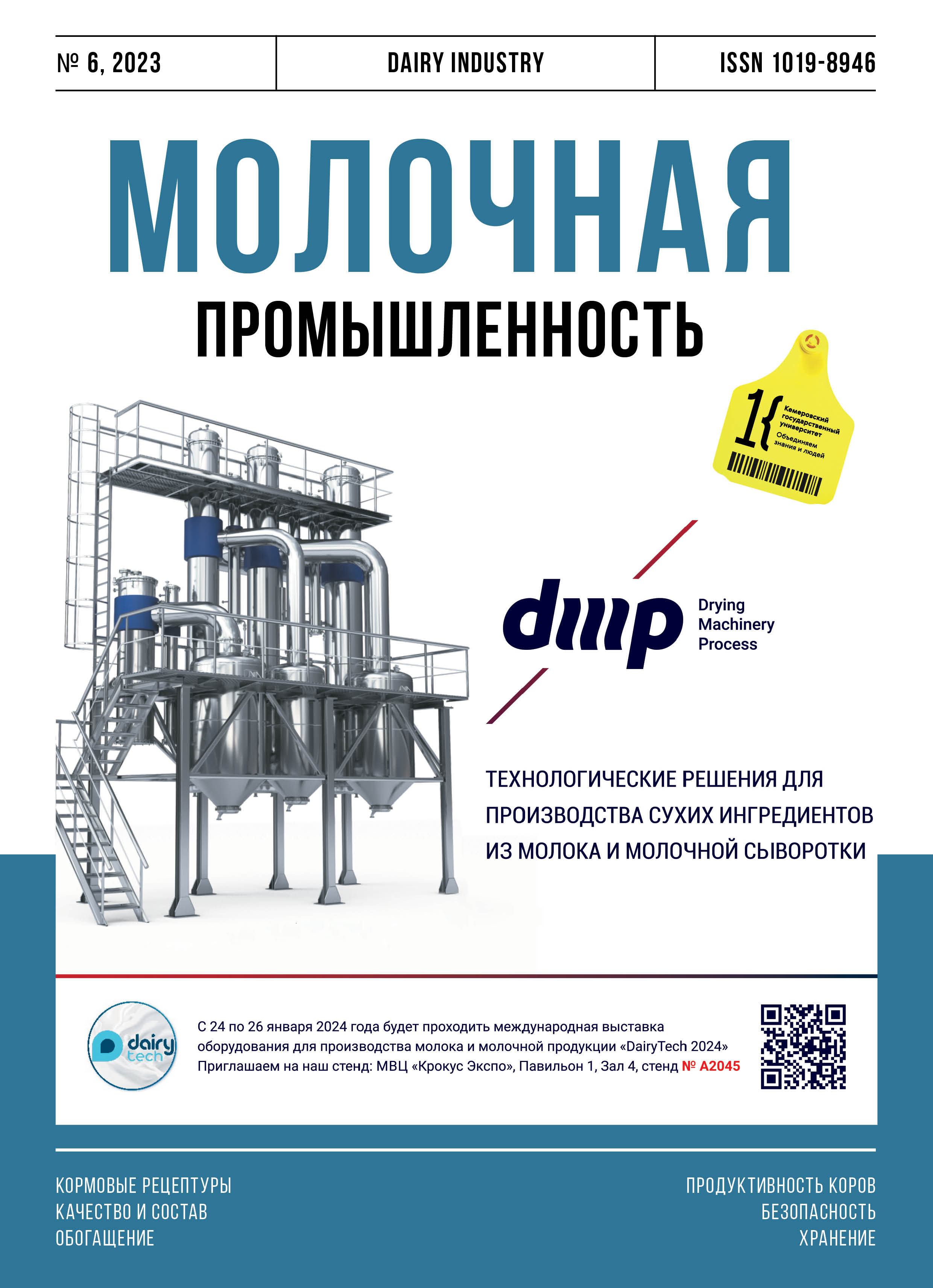Moscow, Russian Federation
Kemerovo, Russian Federation
Kemerovo, Russian Federation
Moscow, Russian Federation
Increasing the survival time and count of viable lactic acid bacteria during storage is an important factor in the probiotic industry. Vegetable powders combined with Lactobacillus bulgaricus and Streptococcus thermophilus can inhibit the growth and reproduction of harmful bacteria in yogurt. This research featured the survival rate of lactic acid bacteria and the microbiological safety of dairy yoghurts fortified with vegetable powders. The research objective was to establish the effect of the additive on the total lactic acid bacterial count in yogurts in order to compare the microbiological indicators with the standards for fortified yogurts. The yoghurts were made by tank method at the municipal dairy plant in Yurga, Kemerovo region. A thermophilic YoFlex culture with Lactobacillus bulgaricus and Streptococcus thermophilus entered the product at the fermentation stage together with dry tomato, fenugreek, and basil powders. The quality tests were conducted at the production laboratory in line with GOST State Standard 31981-2013. All the measurements were done in triplicates, with a significance level of 95 % (p < 0.05). The combined effect of the lactic acid bacteria and the vegetable powders inhibited the growth of E. coli bacteria. The biggest count of viable lactic acid bacteria belonged to the samples fortified with tomato and basil powder. On storage day 1, this sample showed a 62 % higher quantity of mesophilic aerobic and facultative anaerobic microorganisms. Fenugreek and basil leaf powders also increased the viability of yogurt starter cultures compared to the control sample. The number of viable probiotic cells decreased on storage day 8 at 4 ± 2 °C, the recommended shelf life for the new fortified yogurt being 5 days.
yogurt, tomato, fenugreek, basil, dry powder, shelf life
1. Uskova, D. G. Formirovanie i ocenka kachestva yogurtov s ispol'zovaniem fukoidana i ul'trazvukovoy mikronizacii: dis. ... kan. teh. nauk. - Ekaterinburg, 2019. - 185 s.
2. Xu, X. Effects of cold storage time on the quality and active probiotics of yogurt fermented by Bifidobacterium lactis and commercial bacteria Danisco / X. Xu [et al.] // Journal of Food Science. 2023. Vol. 88. Iss. 7. P. 2796-2806. https://doi.org/10.1111/1750-3841.16601
3. Kurnakova, O. L. Razrabotka i ocenka potrebitel'skih svoystv obogaschennyh yogurtov s ispol'zovaniem rastitel'nyh ingredientov: dis. … kan. teh. nauk. - Orel, 2015. - 225 s.
4. Krasnova, I. S. Obosnovanie srokov godnosti kislomolochnyh sublimirovannyh produktov / I. S. Krasnova [i dr.] // Molochnaya promyshlennost'. 2023. № 3. S. 46-48. https://doi.org/10.31515/1019-8946-2023-03-46-48
5. Coakley, R. P. Conjugated linoleic acid biosynthesis by human-derived Bifidobacterium species / P. R. Coakley [et al.] // Journal of applied microbiology. 2003. Vol. 94 (1). P. 138-145. https://doi.org/10.1046/j.1365-2672.2003.01814.x
6. Paszczyk, B. Fatty Acid Content, Lipid Quality Indices, and Mineral Composition of Cow Milk and Yogurts Produced with Different Starter Cultures Enriched with Bifidobacterium bifidum / B. Paszczyk, E. Tońska // Applied Sciences. 2022. № 12(13), 6558. https://doi.org/10.3390/app12136558
7. Tehnicheskiy reglament Tamozhennogo soyuza 033/2013 «O bezopasnosti moloka i molochnoy produkcii». Prinyat Resheniem Soveta Evraziyskoy ekonomicheskoy komissii ot 9 oktyabrya 2013 g. № 67.
8. MR 2.3.2.2327-08. Metodicheskie rekomendacii po organizacii proizvodstvennogo mikrobiologicheskogo kontrolya na predpriyatiyah molochnoy promyshlennosti (s atlasom znachimyh mikroorganizmov). - URL: https://marsbbz.ru/wp-content/uploads/2020/10/mr-2.3.2.2327-08-metodicheskierekomendacii-po-organizacii-proizvodstvennogo-mikrobiologicheskogo..._tekst.pdf (data obrascheniya: 12.06.2023). Tekst: elektronnyy.
9. MUK 4.2.1847-04. 4.2. Metody kontrolya. Biologicheskie i mikrobiologicheskie faktory. Sanitarno-epidemiologicheskaya ocenka obosnovaniya srokov godnosti i usloviy hraneniya pischevyh produktov. Metodicheskie ukazaniya. URL: https://legalacts.ru/doc/muk-421847-04-42-metody-kontroljabiologicheskie-i/ (data obrascheniya: 12.06.2023). Tekst: elektronnyy.
10. Krasnikova, L. V. Obschaya i pischevaya mikrobiologiya: uchebnoe posobie / L. V. Krasnikova, P. I. Gun'kova. - Sankt-Peterburg : Lan', 2016. - 134 s. - URL: https://e.lanbook.com/book/91420 (data obrascheniya: 12.05.2023). Tekst: elektronnyy.
11. Ademosun, O. T. Physico-Chemical, Microbial and Organoleptic Properties of Yoghurt Fortified with Tomato Juice / O. T. Ademosun [et al.] // Journal of Food and Nutrition Research. 2019. Vol. 7. № 11. P. 810-814. https://doi.org/10.12691/jfnr-7-11-9





